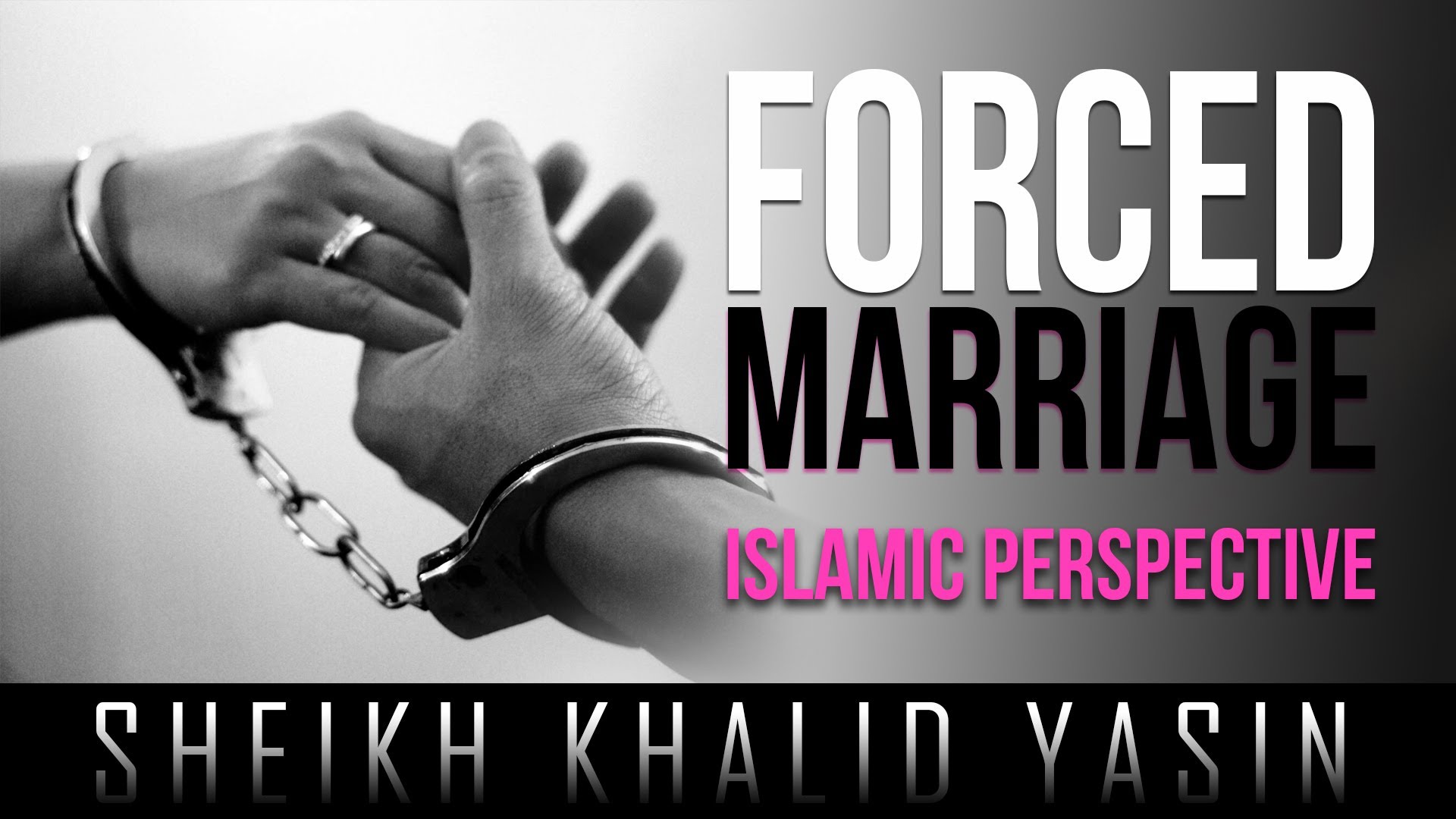Most people know that forcing someone into marriage is haram. It is a big sin and can even invalidate the marriage itself, after going through all the trouble to make it happen.
But before we get into that, let’s talk about what exactly a forced marriage is and what it may look like in this day and age.
Common Misconceptions
A common misconception about forced marriages is that these types of situations are a thing of the past, a flaw of previous generations.
This is not true. While they might look a little different now (most of the time), forced marriages certainly do still occur. They are even illegal in many places in order to protect those who are vulnerable to this sort of thing being done to them.
Some people might think that a forced marriage is only a marriage conducted under threat of death; but it also includes any marriage where one or both people are pressured into it and it is not really their choice to get married. “Force” can mean many things, some of which I will explain later in this article.
Forced and Arranged Marriages – The Same?
On the other hand, there is a misconception that forced and arranged marriages are one and the same, when in reality, they are totally different.
The key difference lies in the matter of consent, which is not a small thing. If a person was set up to marry someone else by their parents (or someone else) but freely consents without any type of force or coercion, then the marriage is valid. This is usually done to simplify the marriage process, make sure it is done in a halal way, minimize the chances of family not approving of the spouse, etc.
Most of the time, these couples meet each other and get married because they like and respect the other person, and would like to spend their lives together.
With forced marriage, take out the consent, liking, respect, and all other positive aspects. It is an ugly and sinful thing to do to another person, period.
Another misconception might be that a forced marriage, while wrong to do, is still valid under Islamic law. This is not true. A forced marriage is absolutely haram and the marriage is invalid because one or both parties did not truly consent to it.
This leads us to another misconception, which is that forced marriages are Islamic. This could not be further from the truth. They are done due to culture (such as for “honor” or to save face) or for some type of personal gain (such as wealth, immigration status, etc.).
One more misconception is that forced marriages are only done to girls or women. While it may be true that they are more commonly forced upon girls and women, men can also be forced into marriage.
Again, this comes back to what the definition of a forced marriage is. It can include pressure, coercion, and abuse, and men can be victims of this behavior too.
Types of Forced Marriage
It is often done by pressuring or coercing someone. In the case of pressuring them, even if there is no direct threat involved, it is still considered to be a forced marriage because it is taking away the person’s right to decide for themselves whether they want to take this huge step.
Although a person who is pressured into a marriage might seem to be doing it of their own free will, this is not really the case.
Marriage is a huge deal; for many people, it is the biggest decision of their lives, so they should obviously be allowed to take their time in deciding and only do it if they are happy and comfortable with it.
Another way people are forced into marriage is through emotional abuse and/or blackmail. Emotional abuse usually means a person is psychologically harmed and their self-esteem is chipped away at.
In the case of forced marriage, they might not even trust their own decision-making abilities and may ignore their discomfort to allow their parents or someone else to make the decision for them, even if they don’t really want to get married.
A person can also be emotionally abused by making it seem like that person or their family/parents/loved ones will be harmed by not getting married.
For example, if someone tells their child, “I will never be able to get past the shame of you turning down this proposal.” In this same scenario, blackmail would be something involving a threat, such as “If you don’t marry this person, I will make sure you regret it for the rest of your life and are unable to marry anyone else.”
A Hadith
The following hadith shows how the Prophet Muhammad (peace be upon him) handled such situation:
Khansa Bint Khidam said:
My father married me to his nephew, and I did not like this match, so I complained to the Messenger of Allah (May Allah bless him and grant him peace).
He said to me:
Accept what your father has arranged.
I said:
I do not wish to accept what my father has arranged.”
He said:
Then this marriage is invalid, go and marry whomever you wish.
I said:
I have accepted what my father has arranged, but I wanted women to know that fathers have no right in their daughter’s matters (i.e. they have no right to force a marriage on them). (Fathul Bari Sharah Al Bukhari 9/194, Ibn Majah Kitabun Nikah 1/602)
In Conclusion…
Many victims of abuse are not even aware that they are being abused because of how badly their self-esteem has been damaged, or how normalized the abuse is in their household.
If the points made in this article seem familiar to you, or if you think you might be in this kind of predicament, please seek help. It is your God-given right to be able to choose who and when to marry, no matter what anyone else might say.
It is a shame that people are still pressured or forced into being married. In Islam, a marriage is supposed to be a beautiful thing. Allah (SWT) states in the Quran that spouses are meant to have love and compassion towards one another.
May Allah guide those who are committing such crimes and protect those who are vulnerable to them.
Ameen.



